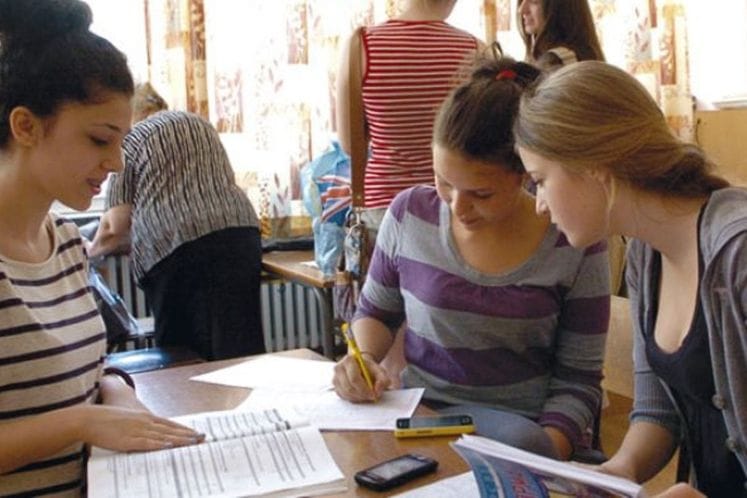- Government of Montenegro
Educational Levels
Educational Levels

The education system of Montenegro consists of pre-school, primary, general secondary, vocational secondary, upper secondary and higher education. Adult education is part of the education system and is implemented at all levels of education.
Preschool education
Preschool education is part of a unique educational system, which involves the upbringing and education of children, taking care of children and providing assistance to parents in improving the quality of life of families and children. Preschool education in Montenegro is delivered in preschool institutions (public and private). Children up to the age of three attend nursery, while children between the ages of three and six attend kindergartens. They are classified into age-defined educational groups.
Primary education
Primary education is compulsory and free for all children aged five to fifteen. Primary education lasts nine years.
General Secondary education
General Secondary education is delivered in grammar schools and mixed secondary schools. This education is not compulsory. Pupils who completed primary education and who are younger than 17 years can enroll in grammar schools, where education lasts four years.
Vocational secondary education
Vocational secondary education is not compulsory. It is delivered in vocational secondary schools and mixed secondary schools and can last two years, three years and four years. Vocational secondary education is also provided in secondary art schools.
Upper secondary education
Upper secondary education is provided as upper secondary non-tertiary education. It can last one year or two years.
Higher education
Higher education is acquired at the University of Montenegro, which is a public university, at a state independent faculty, as well as at private universities and faculties. Since the academic year 2017/2018 all first-year students enrolled in public institutions have been exempt from paying tuition fees. Students enrolled in the first year of master studies at public institutions in academic year 2020/2021 are exempt from paying tuition fees, as well.
The upbringing and education of children with special educational needs
The upbringing and education of children with special educational needs is part of a unified educational system and an activity of public interest. It is mandatory from the moment the child's special educational needs are identified. It should provide a level of education suitable for child's physical, intellectual, emotional and social development. The goals of upbringing and education of children with special educational needs are: providing equal opportunities, both adequate conditions and adequate educational technology, timely guidance and involvement, individual and continuous approach, continuity of education programs.
Art education
Art education is delivered by schools for primary music education and schools for primary and secondary art education. This type of education is voluntary. Children from the age of six can attend classes in these schools upon taking the entrance exam, in which they need to meet the basic prerequisites - to show talent for a certain musical instrument, ballet or singing. There are no tuition fees in public elementary music schools.
